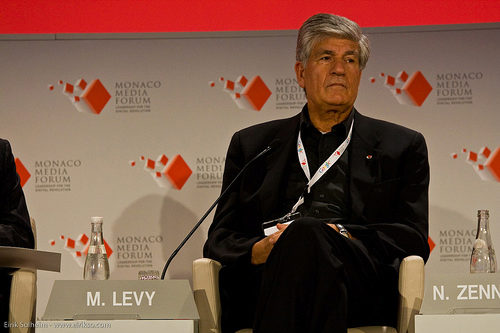
The world of advertising just got a whole lot smaller. On July 27, Omnicom and Publicis announced that they will merge to create the world’s largest advertising firm, with a stock market value of $35 billion and 130,000 employees.
The news came as a shock to the advertising world, which is already dominated by a group of companies dubbed the “Big Four”: WPP, Omnicom, Publicis, and IPG. No doubt the merger will prove mutually beneficial for the two firms, which will pool their financial and creative assets, as well as their market reach.
What’s interesting to note is the merger’s international context. Publicis is French, and headed by Maurice Levy; Omnicom is American, led by John Wren. The two will serve as co-CEOs, an unusual concept that raises the pressing question—how will the cultures of the two countries mesh? What does this mean for the innovation that may come from the merger now that it can be assessed through a global lens? What are the indicators of the company’s success?
It all comes back to the necessity of evolving and leading for innovation, a crucial Mack Institute research priority and the topic of a 2012 conference planned by the institute’s Executive Director Saikat Chaudhuri.
Publicis and Omnicom recognized the potential in allying. The new company, christened The Publicis Omnicom Group, is now transatlantic. It will get a jump start on capturing the data industry, as Publicis has been buying up digital firms to maintain a hold in the technology market. It puts the company in a solid place to compete with the likes of Google and Facebook, whose mobile and smart advertising have been collecting a huge share of profits. It’s a model of enhanced globalization, and the increased networks could create greater pools of innovation resources. It brings in the possibility for increased motivation, increased creativity, and stronger leadership.
What does this mean for the consumer? While the outcome is uncertain for now, it will be interesting to watch the two companies reconcile their cultures, as Levy and Wren attempt to even the playing ground between them.
They’ve already chosen new headquarters in Amsterdam. Both companies drew away from headquarters in New York and Paris, fearing that one would give the other more power.
Neutrality—a strategic starting point.



